TARZAN: Fiction or reality?
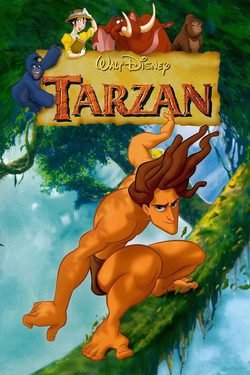
A couple of days ago, I was zapping looking for a good TV show and then it popped up one of my favorites Disney’s movie in their channel: Tarzan. Of course, I didn’t hesitate to let it play, find some snacks and chill in my bed just to watch an amazing film that introduced me a boy who was orphaned after his parents were attacked by a relentless leopard on an uninhabited coast of the jungles of Africa. To sum up, a group of gorillas take care of Tarzan until adulthood.
When I was a child I didn't realize a detail that now generate me a crazy intrigue as an adult: Is it possible for a child to survive alone in a jungle? (Let's skip the part about all the animals acting like humans and all that stuff.) And there’s where started my research:
Epic of Gilgamesh (or the Epic Poem of Gilgamesh) is the oldest known epic, telling the story of King Gilgamesh in five poems. One of them tells of Enkidu, a child raised by wild animals and later educated and civilized by Shamhat, his "tamer"..
In Roman mythology, the twin brothers Romulus and Remus were raised by a she-wolf, that then would later be found what was the mighty Rome, the capital of the civilization of their time.
In the Jungle Book, Mowgli, was raised by a pack of wolves and then he returned to civilization.
All of these characters, fictional or not, demonstrate superior skills to ordinary humans, but wild children are fictional, or not? The answer is: YES! And they are called feral children
A plant, animal or person that was born in contact with human society, was isolated from it and raised in the wild or wild is called a feral. -Wikipedia
Here are some examples that I found when I was doing my research:
Víctor de Aveyron
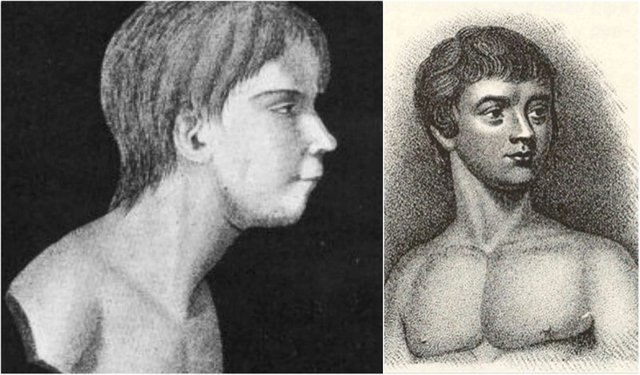
In 1797, hunters found a boy in the forest who, without thinking, fled from them by climbing up a tree where he was captured. They took him to a widow's house, but he ran away again. However, the villagers in the area got used to seeing him from time to time. Until, one day on his own, and perhaps because of hunger, he appeared in the village. He was 12 years old at the time, when a medical student named Jean Marc Gaspard Itard adopted him and named him Victor.
The boy, later known as Victor of Aveyron, had countless scars on his body, he didn't know how to speak and he behaved very strangely. He seemed insensitive to the cold, so much so that he’d rather wallow in the snow than put on a coat. At that time, the Enlightenment, a European cultural and intellectual movement, discussed about these questions: what makes us human? And, what makes us different from animals?
Itard, now the child’s father, thought that the two distinctive factors were empathy and language. He focused on civilizing Victor by teaching him to talk. Although, Victor only learned the words lait (milk) and oh dieu! (Oh God!). Although, he did understand the meaning of words associated with actions.
In addition, her caregiver described two quite important moments: First, when the child got mad after being scolded for no reason, demonstrating that he had a notion of "justice". And secondly, when the housekeeper mourned her husband's death, Victor went to comfort her, showing that he had gained empathy.
In 1970, Francois Truffaut directed a very interesting film about Victor of Aveyron called L'enfant Sauvage (The Wild Child).
Experience with feral children shows that language learning is crucial in the early years of life. If a child doesn't learn how to speak before the stage of his development, it will be practically impossible for him/her to learn afterwards, the same happens with the mental structures that allow complex thinking. If they are not stimulated, they won't developed nothing.
Pedro Hamelin
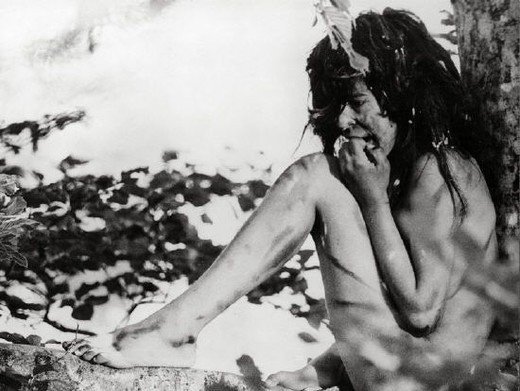
That was what happened to Peter of Hamelin, the feral child who was found in German camps in the 18th century, surviving just by eating fruit and roots. It is said that Peter was always alert, squatting or on all fours and ate fruit and raw meat, but never the "real" cookedl food. There were many who tried to educate him, although he lived more than seventy years... He never learned how to modulate a single word, much less to laugh.
Oxana Malaya
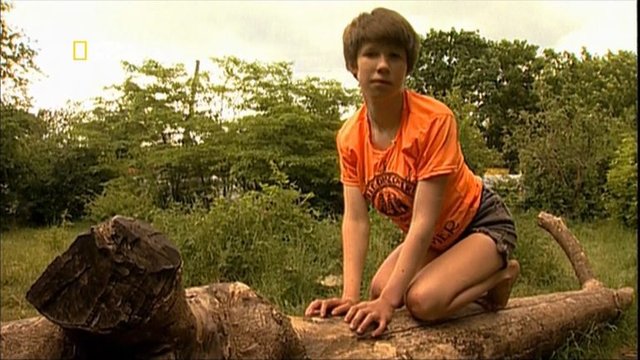
Another interesting case, and very different one, was Oxana Malaya, in the 1990s. She was a Ukrainian girl who grew up neglected by her alcoholic parents and was raised by dogs. She learned how to walk on all fours, to bark and, in general, to behave like man's best friend. Her contact with humans was very limited, but once she was in the care of humans, civilized and properly fed, she was able to learn how to speak. However, it is considered that he had serious intellectual limitations.
Marina Chapman

Another famous case was Marina Chapman, a British girl who tells that in the 1950s, when she was 4 years old, she was kidnapped and abandoned in a Colombian jungle. There a band of capuchin monkeys helped her to survive, giving her fruit and protecting her for five years. They even delouse her! One day she was found by a couple that then sold her into slavery. After many adventures, and misadventures, Marina returned to England, married and had children. Favorably, she had learned how to speak before her adoption by monkeys.
John Ssabunya
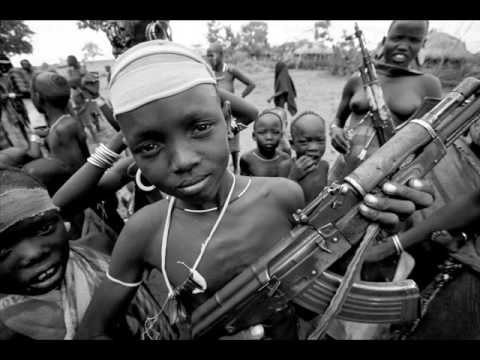
And like those, there are countless other cases, such as John Ssabunya, a Ugandan boy who fled from violence by taking refuge in the jungle and living with monkeys for three years.

So, I concluded that it is possible for a child to grow up without contact with other humans and be raised by animals, just like Tarzan. But, it is very difficult, if not impossible, for a child to learn how to speak or read once he or she has passed the critical stage of development and without receiving sufficient attention. Only through contact with humanity can language, intelligence and empathy flourish, which is what makes us fully human beings.

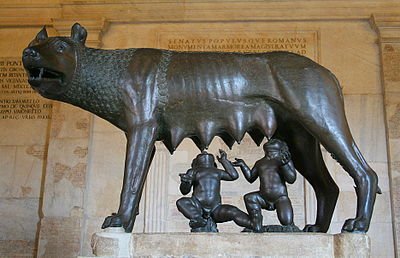

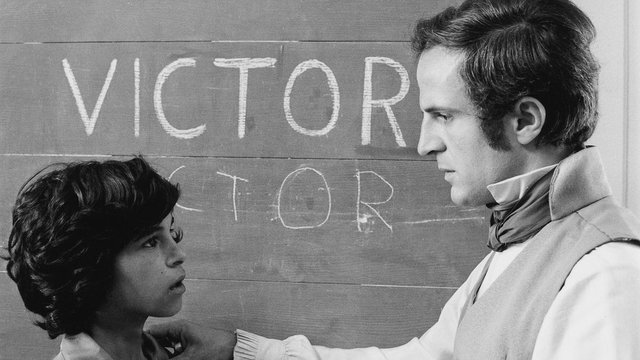
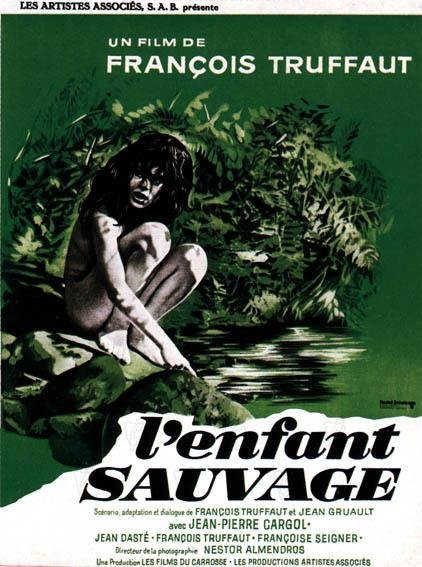
Resteemed your article. This article was resteemed because you are part of the New Steemians project. You can learn more about it here: https://steemit.com/introduceyourself/@gaman/new-steemians-project-launch
Uncomplicated article. I learned a lot of interesting and cognitive. I'm screwed up with you, I'll be glad to reciprocal subscription))